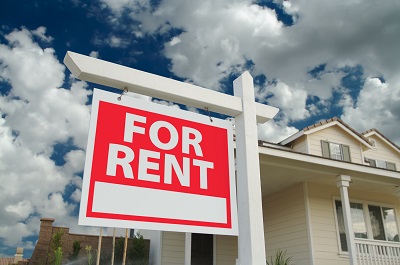When you live in a rental property, you don’t own the home you occupy. That home belongs to someone else—usually the landlord to whom you pay rent. Though you still own your personal property, other belongings might come as part of the home. These might include fixtures, appliances, and of  course the roof over your head.
course the roof over your head.
Though you might not own it, you still want to take care of your property. If damage occurs, it’s something to inform your landlord about. They likely will want the damage repaired. However, who pays for those repairs? You live in the home, but the landlord owns it. That might create a dilemma.
Think About Who Owns the Damaged Property
The person who legally owns the damaged property is likely the one who has to pay for repairs. For example, you will most likely have to pay for damage to your personal belongings.
If you short circuit your TV, you likely have to pay for the damage. The good news is that your renters insurance can often help you do that. Many policies will pay for damage to your personal items, even if you were the one who damaged them. Of course, if you damage your property intentionally, your insurance might not pay.
Property damage to items belonging to the landlord often means they have to pay for the damage. For example, if a burst pipe causes water damage, the landlord will likely have to pay. That property belongs to them. Their homeowners’ insurance will likely help cover the cost. However, the renter’s insurance will pay for their property, such as clothing damaged by water.
Nevertheless, there are cases where a renter might have to pay for damage to the landlord’s property. Some states allow landlords to require renters pay for damage they cause. For example, if you put a hole in the wall during a party, you might have to pay for it. Likewise, if a landlord damages your property, they might have to pay you. Consult your insurance policies, as well as local law, to see who bears the liability in each case.
What Happens Following Property Damage
When property damage occurs, renters and landlords must cooperate to settle the issue. If any questions arise, you should involve a trusted insurance agent at 405.224.1000 or 800.274.2288 or a legal adviser. These situations should not get out of hand. You can usually settle them quickly and amicably as long as you review your insurance and leases.
You might also like: What is Pet Damage Coverage on Renters Insurance? and When Renting Makes More Sense than Buying